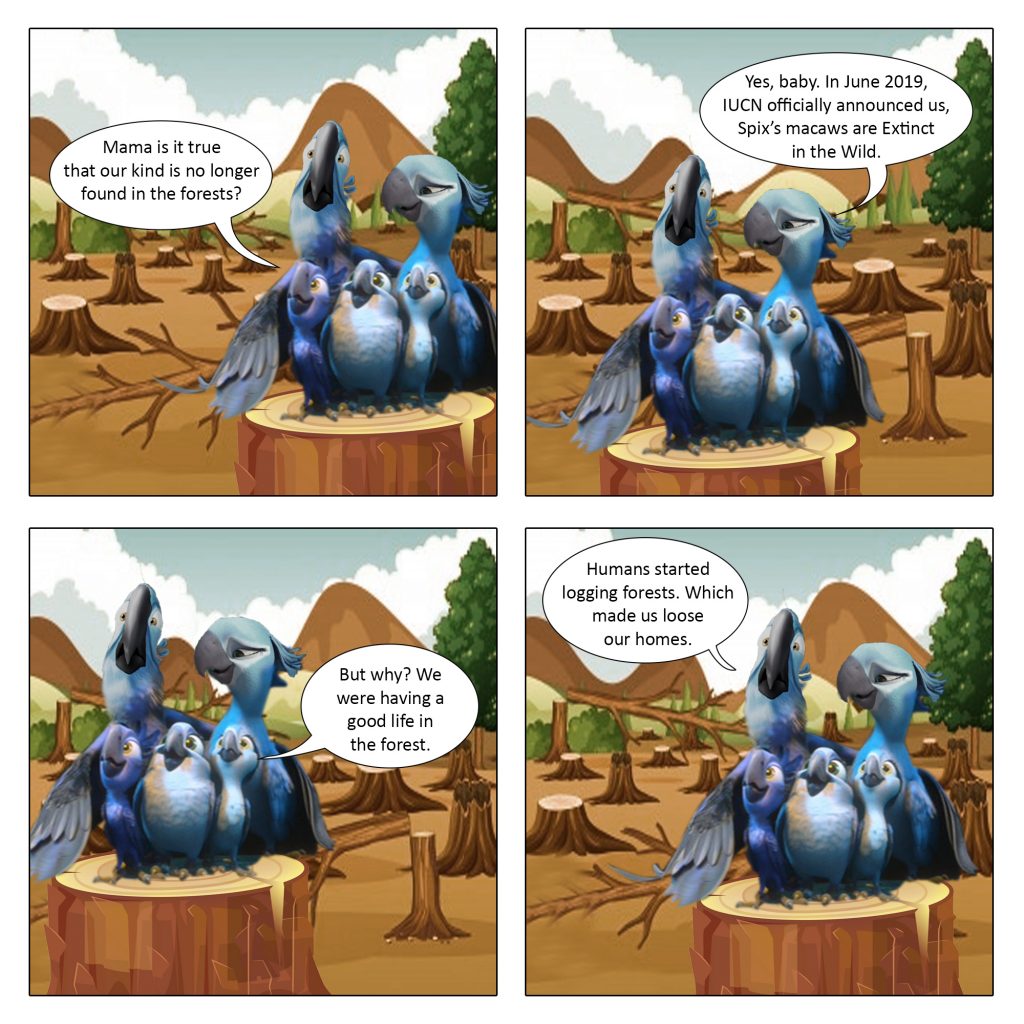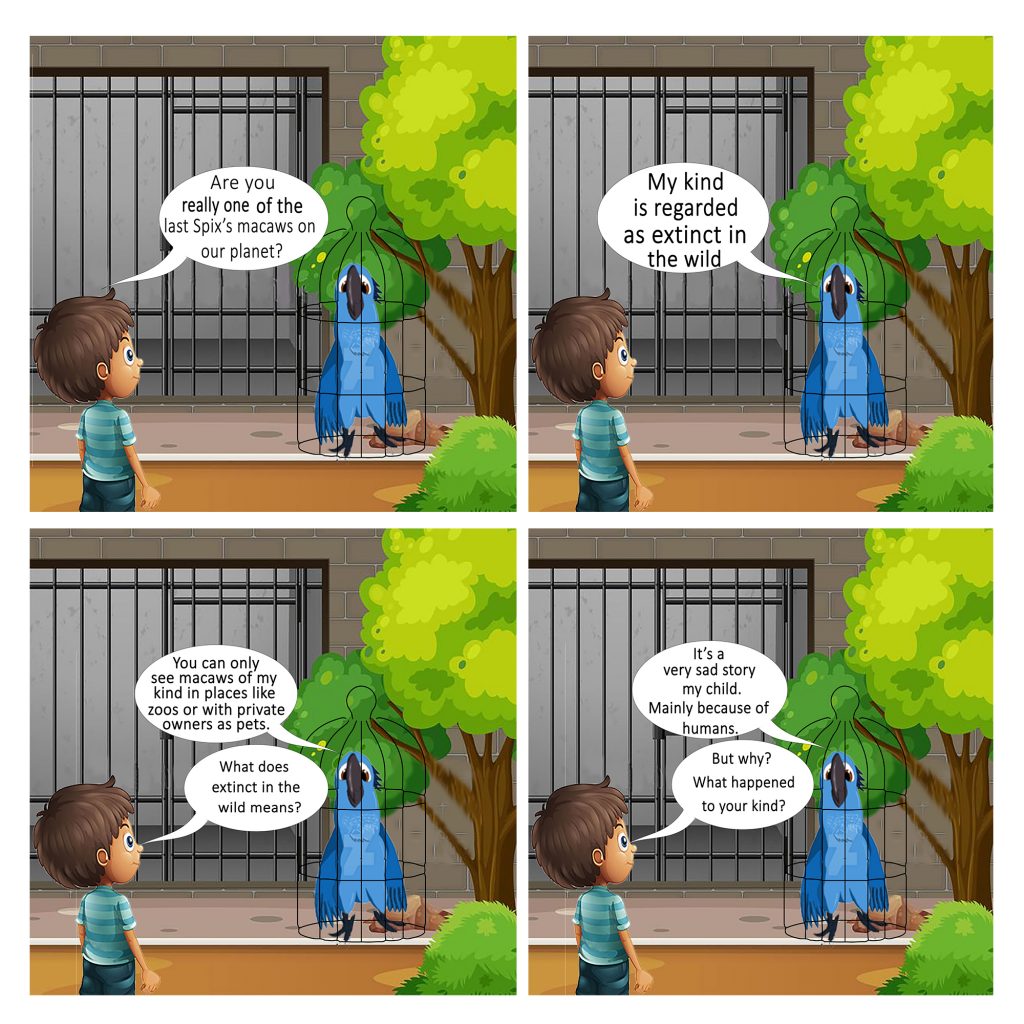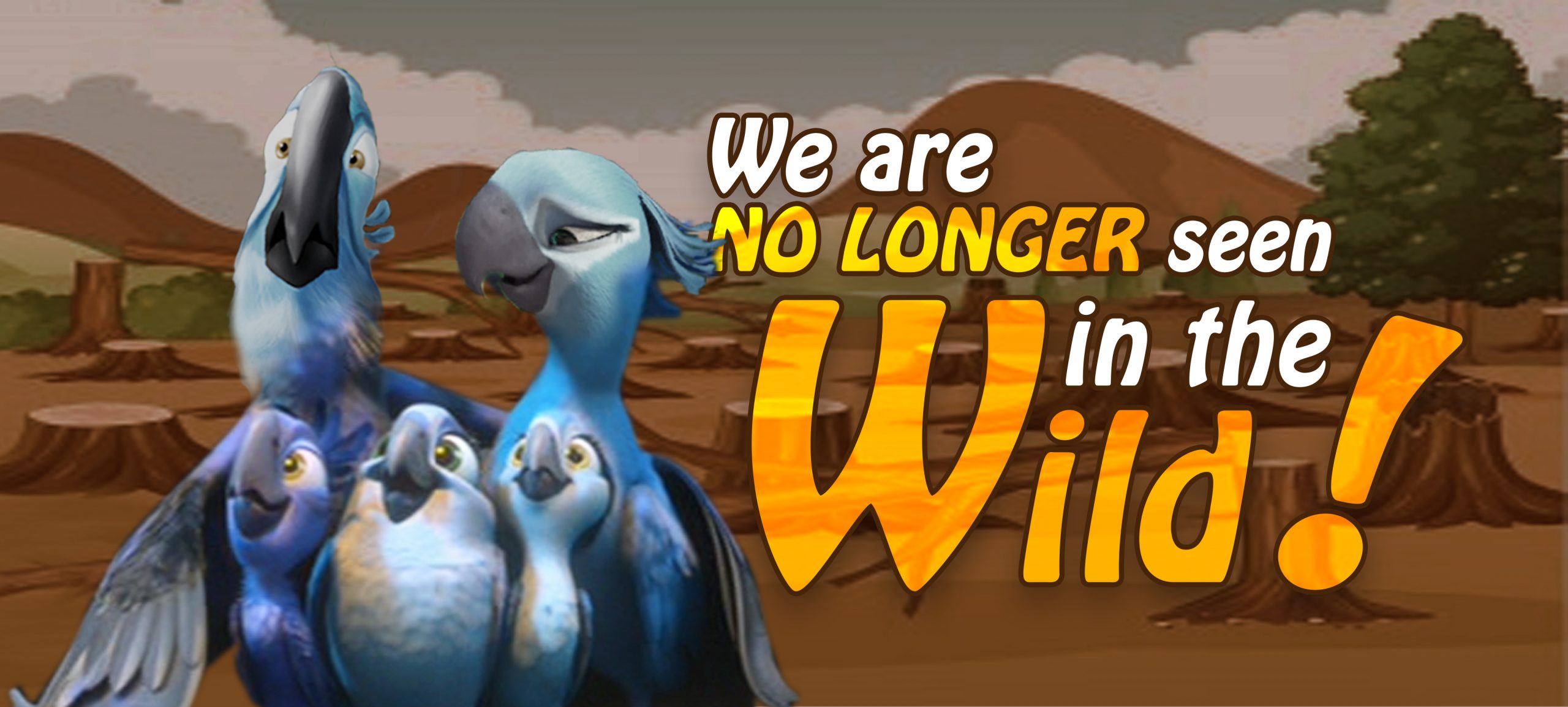Spix’s macaw (Cyanopsitta spixii), also known as the little blue macaw, was a macaw native to Brazil. The bird is a medium-size parrot weighing about 300 grams, smaller than most common macaws. Males and females are almost identical in appearance; the females are slightly smaller on average. Currently, there are no known survivors of the species in the wild. Its last known stronghold in the wild was in Northeastern Bahia, Brazil and sightings are very rare. After the sighting of a male bird in 2000, the next and last sighting was in 2016. As of 2019, the IUCN classified the species as extinct in the wild.
The Spix’s macaw achieved onscreen fame in 20th Century Fox’s “Rio” as a charming parrot named “Blu” who travels thousands of miles in an attempt to save his species. And what the “Rio” production team feared in 2011 has now happened!!!
Meanwhile, a baby macaw who was listening to the story runs to Mama Jewel and Papa Blu,

Baby macaw: Mama, is it true that our kind is no longer found in the forests?
Jewel: Yes, baby. In June 2019, IUCN officially announced us, Spix’s macaws are Extinct in the Wild.
Baby macaw: But why? We were having a good life in the forest.
Blu: Humans started logging forests. Which made us lose our homes. We are small comparing to other species of macaws. So after losing our homes we couldn’t survive.
Baby macaw: But don’t they love us. We were even in the film Rio.
Jewel: They do love us, but some of them love money more than us.
Baby macaw: Papa, what will happen to our kind when all of us die?
Blu: We will find a new place in the heaven to live. All of us together. People will remember us by looking at the sky baby.
According to the reports, deforestation is a leading cause of the Spix’s macaw’s disappearance from its natural habitat, and for which the main cause is human.
That doesn’t mean all hope is lost for birds like Blu. Although the birds are extinct in the wild, they are now maintained through a captive breeding program at several conservation organizations under the Brazilian government. The Chico Mendes Institute for Biodiversity Conservation (ICMBio) in Brazil is conducting a project Ararinha-Azul with an associated plan to restore the species to the wild as soon as sufficient breeding birds and restored habitat are available
Extinction rates are accelerating due to human activities. The main modern causes of extinction are the loss of habitat mainly due to deforestation, overexploitation, invasive species, climate change, nitrogen pollution, and plastic pollution in the ocean. It is our responsibility to save these species.
On another day, a boy runs to the Spix’s macaw cage in the Zoo…..

Boy: Are you really one of the last Spix’s macaws on our planet?
Macaw: Yes, little boy. Unless we breed it will turn out to be so. My kind is regarded as extinct in the wild.
Boy: What does extinct in the wild means?
Macaw: Since June 2019 IUCN officially announced that Spix’s macaws are no longer found in the wild. You can only see macaws of my kind in places like zoos or with private owners as pets.
Boy: But why? What happened to your kind?
Macaw: It’s a very sad story my child. Mainly because of humans.
Boy: Because of us.
Macaw: Yes, boy. Humans started logging forests. Which made us lose our natural habitats in the forests. We are small comparing to other species of macaws. So after losing our homes we couldn’t survive.
Boy: That is really bad.
Macaw: It is my child. You should try to save the animals. Many of the other animals are facing the same threat as us.
BUT, we still have the time to protect the endangered species. BETTER LATE THAN NEVER. Remember once they are gone forever we will never see them again.
By Rtr. Nethmi Ranasinghe



0 Comments